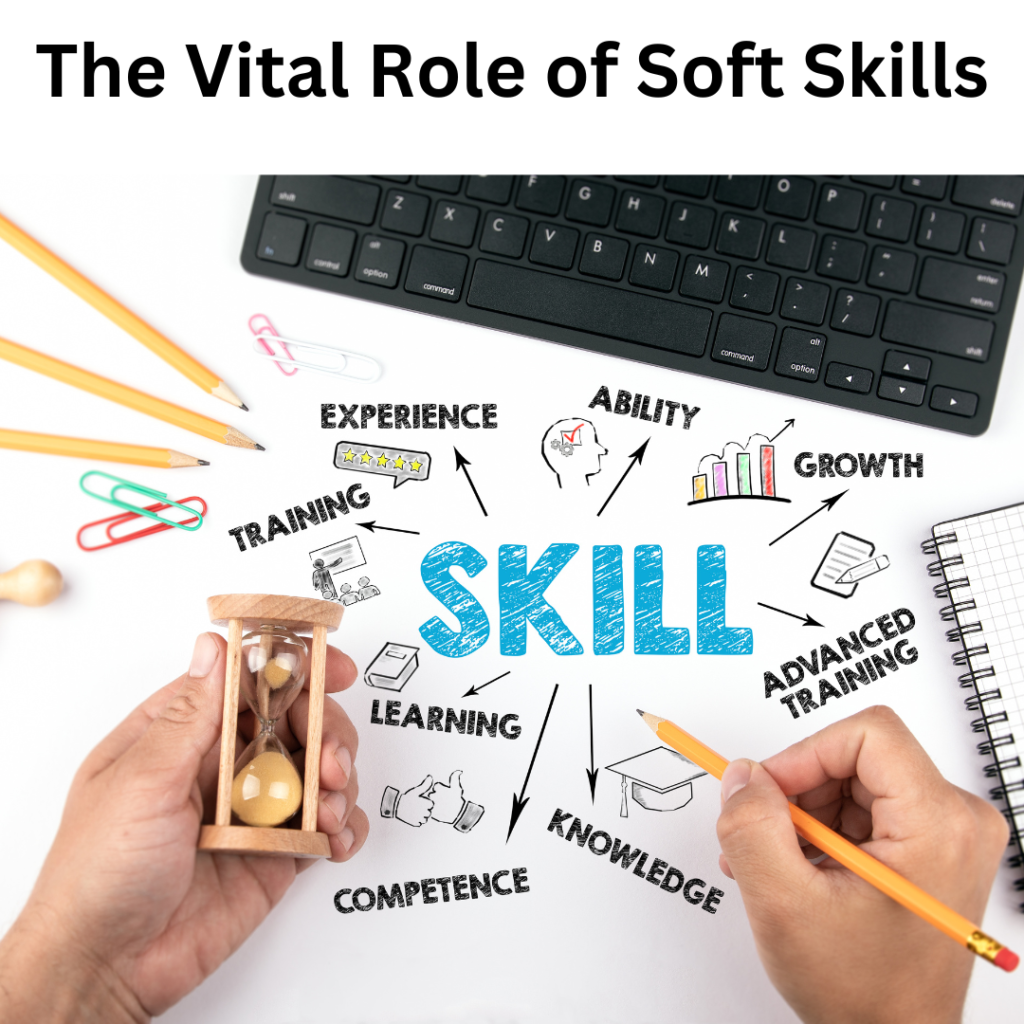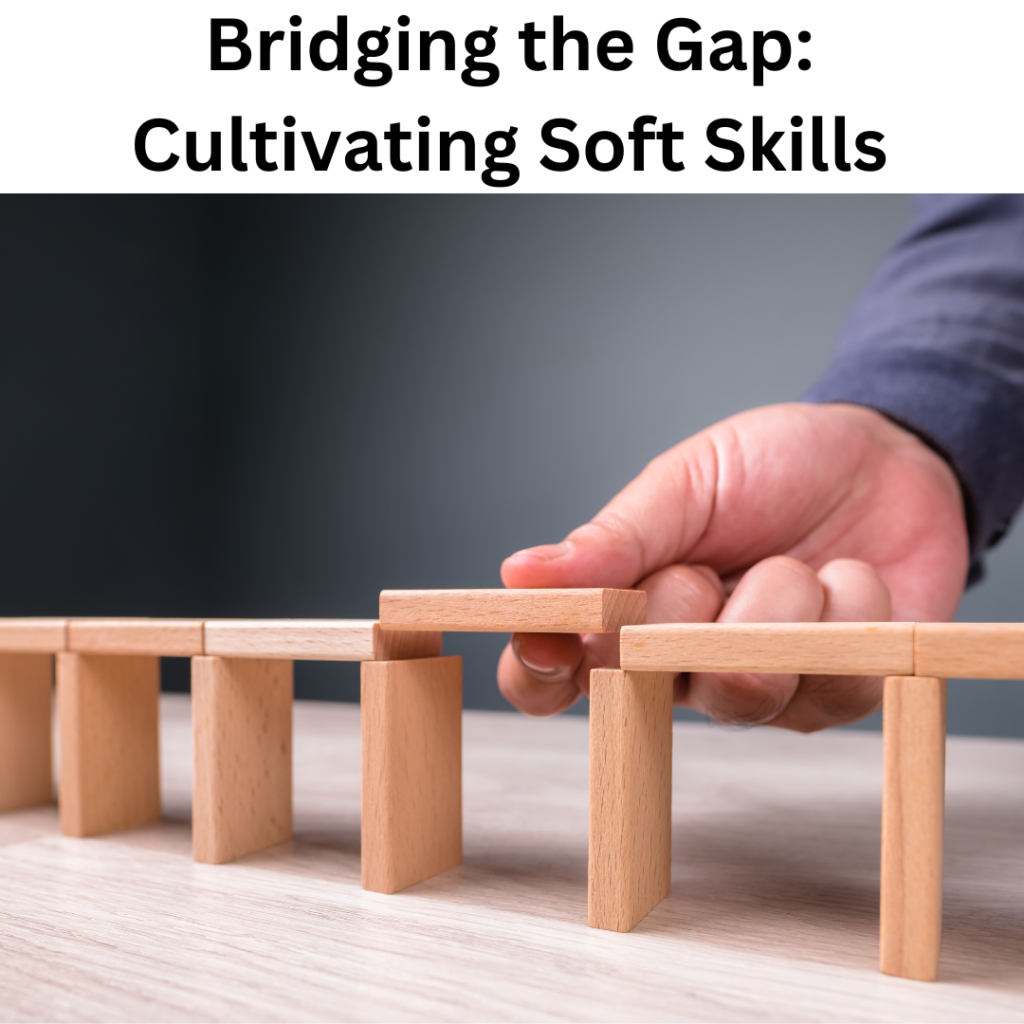1. “EMPTY”: Pronounced as “EM-tee”.
2. Remove “E”: “MPTY” – Pronounced as “EM-tee”.
3. Remove “P”: “MTY” – Pronounced as “EM-tee”.
4. Remove the rest of the words: Nothing remains. Its EMPTY
1. Understanding Tabula Rasa:
“Tabula rasa,” a Latin term translating to “clean slate,” embodies a concept in epistemology and psychology suggesting that individuals are born devoid of innate mental content. Instead, all knowledge is acquired through experiences and perceptions. This theory has been attributed to empiricists, who posit that the human mind begins as a blank canvas, waiting to be filled with the impressions of the external world.
In the pursuit of personal and professional growth, this notion of “tabula rasa” holds particular significance. It speaks to the potential for development and the journey of transforming “empty skills” into refined capabilities.
2. Embracing the Concept of “Empty Skills”:
In the realm of professions, individuals often commence their careers with what can be described as “empty skills” – a foundation awaiting the brushstrokes of experience and expertise. While education provides a fundamental understanding of one’s field, practical experience, problem-solving abilities, communication skills, and confidence in navigating professional environments are often lacking.
Acknowledging the existence of these “empty skills” serves as a catalyst for growth. It prompts individuals to embark on a journey of continuous learning and self-improvement, recognizing that expertise is cultivated over time.
3. The Vital Role of Soft Skills Today
A. Communication: Soft skills like active listening, clear articulation, and empathy foster collaboration and stronger relationships.
B. Adaptability: Soft skills empower individuals to navigate uncertainty and setbacks with confidence.
C. Leadership: Effective leadership, facilitated by collaboration and conflict resolution, is essential for organizational success.
D. Emotional Intelligence: Soft skills enable individuals to navigate interpersonal dynamics with grace and understanding.
E. Problem-solving: Soft skills empower individuals to approach challenges creatively and devise effective solutions.
F. Customer Service: Soft skills like empathy and communication are crucial for building trust and loyalty.
G. Personal Development: Soft skills contribute to well-being and work-life balance, maximizing overall satisfaction.

4.Bridging the Gap: Cultivating Soft Skills:
Acknowledging the existence of empty skills is the first step towards professional growth and success. It requires individuals to take an honest inventory of their strengths and weaknesses, identifying areas where improvement is needed. Once these gaps are recognized, proactive measures can be taken to bridge them.
A. Continuous Learning:
Engage in ongoing education and professional development opportunities to acquire new knowledge and skills relevant to your field.
Attend workshops, seminars, and training programs to stay updated on industry trends and best practices.
B. Seek Mentorship and Guidance:
Collaborate with experienced professionals in your field who can offer valuable insights, guidance, and mentorship.
Learn from their experiences and leverage their expertise to accelerate your own growth and development.
C. Practice and Feedback:
Actively seek out opportunities to apply and refine your skills in real-world scenarios.
Solicit feedback from peers, supervisors, and mentors to identify areas for improvement and make necessary adjustments.
D. Embrace Challenges:
Step out of your comfort zone and take on new challenges that push you to develop and expand your skill set.
View setbacks and failures as learning opportunities, allowing them to fuel your motivation and resilience.
E. Cultivate Soft Skills:
Recognize the importance of soft skills such as communication, teamwork, adaptability, and emotional intelligence in your profession.
Invest time and effort into developing these interpersonal abilities, as they are often as crucial as technical expertise.

5. Mathematical symbols to fill your TABULARASA with full of skills
When we are open-minded we can learn precious wisdom from small tiny creatures.
+ This symbol adds, that we need to add positivity to our life, positive thoughts, positive appearance, positive smiles so on. It will add energy to your life
-Minus your worries, minus your negativities, minus your fear it will Minus your low self-esteem.
× multiply your hard work, multiply your friends, multiply your service and goodwill you will multiply your joy
÷ Divide your work, divide your time, and divide your responsibility it will divide your pressure, divide your sorrows.
Tabula Rasa is a concept, still, do you think we are Tabula rasa or do our actions lead us to think we are Tabula rasa
Conclusion:
In the journey towards professional excellence, the concept of empty skills serves as a reminder of the inherent potential within each individual. By embracing a mind-set of continuous learning, seeking mentorship, practicing self-reflection, and embracing challenges, professionals can transform their empty skills into a robust foundation of expertise and competence. In doing so, they not only enhance their value in the workplace but also pave the way for personal fulfilment and success in their chosen careers.





Leave a Reply